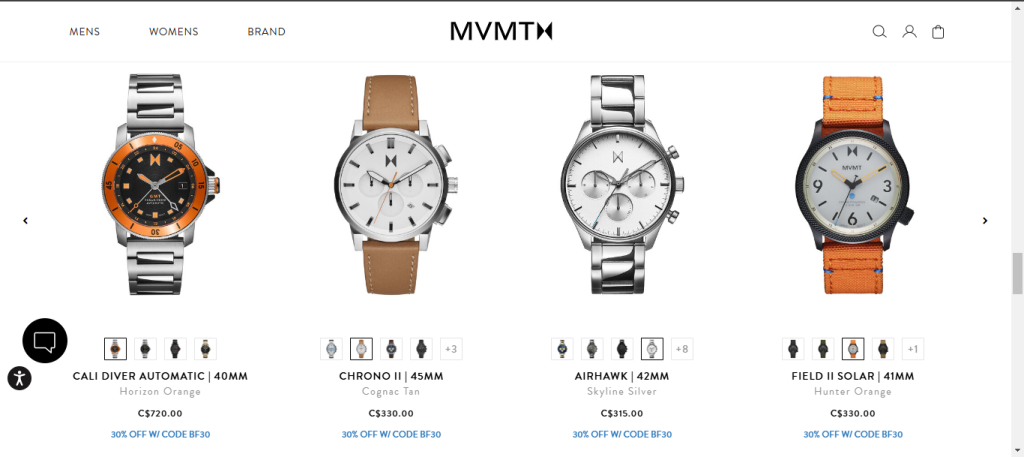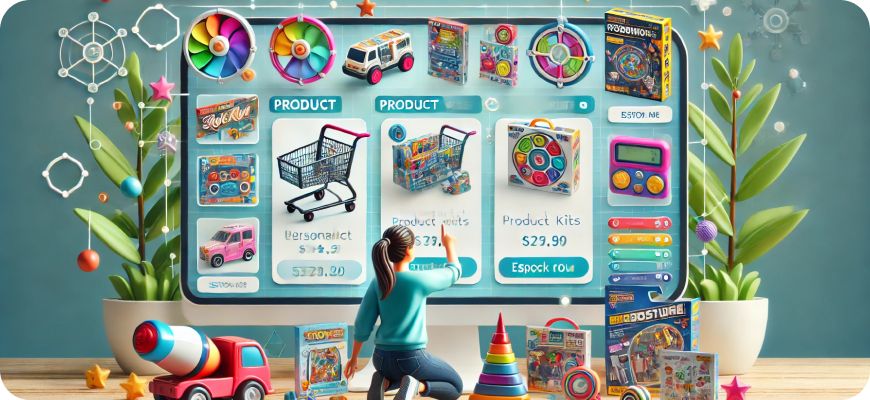What is Shopify?
Shopify is one of the world’s leading eCommerce platforms that allows businesses and individuals to create, manage, and grow their online stores.
Shopify is one of the world’s leading eCommerce platforms that allows businesses and individuals to create, manage, and grow their online stores. Whether you’re selling physical products, digital downloads, or services, Shopify offers a flexible, user-friendly solution that enables anyone to launch their store without needing deep technical skills. With Shopify, you can set up an entire online business, manage your inventory, handle payments, and even expand into global markets—all from one centralized platform.
What is Shopify Good for?
Shopify excels at making the eCommerce experience as smooth and streamlined as possible. Whether you’re selling custom clothing, handcrafted items, electronics, or even subscription services, Shopify helps you manage your product catalog, customer orders, and payments effortlessly. It’s particularly strong for businesses looking for a scalable solution, meaning as your store grows, Shopify grows with you.
The platform integrates easily with multiple sales channels, including social media (Instagram, Facebook), Amazon, and even physical retail stores through Shopify POS (Point of Sale). This makes it a versatile choice for sellers who want to maintain a seamless, omnichannel presence.

Who Should Use Shopify?
Shopify is perfect for a wide range of users:
1. Small Business Owners:
Entrepreneurs looking to move their business online, or who are starting an eCommerce business, will find Shopify extremely user-friendly. The platform requires little technical knowledge, so you can focus more on your products and marketing rather than worrying about web development.
2. Growing Enterprises:
Shopify’s scalability makes it ideal for medium-sized businesses that need more advanced features as they grow. With various plans tailored to business sizes, companies can take advantage of customizable features like advanced reporting, staff accounts, and increased storage.
3. Brick-and-Mortar Stores:
Retail businesses looking to integrate online shopping can use Shopify’s POS features. This allows businesses to manage both in-store and online inventory in one place, reducing the friction between the two.
4. Dropshippers:
Shopify is also a popular platform for dropshipping businesses. With apps like Oberlo and DSers, sellers can easily import products from suppliers and ship them directly to customers without needing to hold inventory.
The Best Examples and Use Cases of Shopify
Some great real-world examples of businesses that use Shopify include:
– Gymshark:
A well-known fitness apparel brand that started as a small eCommerce shop and grew into a global brand using Shopify’s platform.
– Allbirds:
Famous for their eco-friendly shoes, Allbirds used Shopify to create an online presence that mirrors their commitment to sustainability and transparency.
– MVMT Watches:
This direct-to-consumer watch brand has built a loyal customer base by using Shopify to create a stylish, simple-to-navigate website that enhances their brand image.
Each of these brands used Shopify’s design flexibility, integrated marketing tools, and global reach to grow into widely recognized names.
How Much Does It Cost to Have a Shopify Store?
Shopify offers various pricing tiers, making it accessible to businesses at different stages of growth:
1. Basic Shopify Plan:
Costs around $39/month and includes everything you need to get started with your online store—custom domains, unlimited products, and basic analytics.
2. Shopify Plan:
At $105/month, this tier is perfect for growing businesses. It offers additional features like professional reports, better shipping discounts, and advanced marketing tools.
3. Advanced Shopify Plan:
Priced at $399/month, this plan is designed for larger businesses. It offers more customization, enhanced reporting, and lower transaction fees.
4. Shopify Plus:
For enterprise-level solutions, Shopify Plus starts at $2000/month and offers high-end features like dedicated account management, custom checkout processes, and greater control over every aspect of the online store.
While the costs can add up depending on the features you need, Shopify’s pricing is competitive given the wide range of tools it provides, from design templates to payment gateways.
How Much Time Does It Take to Start a Shopify Store?
Setting up a Shopify store can be incredibly quick if you already have your products, brand, and basic content ready. The platform is designed to help you get up and running in just a few hours. Here’s what the process generally looks like:
1. Sign Up:
Create a Shopify account with a 14-day free trial.
2. Choose a Theme:
Shopify offers many pre-designed templates. You can start with a free theme and later upgrade to a paid one if necessary.
3. Add Products:
Upload product images, set prices, and add product descriptions.
4. Set Up Payments and Shipping:
Configure how you’ll accept payments (e.g., Shopify Payments, PayPal) and set shipping rates.
5. Launch:
Once your store looks good and functions properly, you’re ready to go live!
For businesses with more complex needs, setting up a store might take more time as you customize features, upload large inventories, and configure advanced integrations. But on average, a small-to-medium-sized store can be launched in a day or two.

Why Should I Choose Shopify?
There are many reasons to choose Shopify over other eCommerce platforms:
1. Ease of Use:
You don’t need to be a coding expert to use Shopify. Its interface is intuitive, and the step-by-step guides help you through every stage of setting up your store.
2. Customization Options:
Shopify offers a range of free and paid themes, and for those with coding skills, the platform allows deep customization using HTML and CSS.
3. Support for Multiple Sales Channels:
With Shopify, you can easily sell across various channels, including your website, social media, Amazon, and physical retail locations through Shopify POS.
4. Reliable Hosting and Security:
Shopify manages hosting, so you don’t need to worry about server maintenance, security updates, or uptime. Shopify also ensures your store is PCI compliant, offering secure checkout experiences for your customers.
5. SEO and Marketing Tools:
Shopify comes with built-in SEO features to help your site rank better on search engines. It also provides integrated marketing tools like abandoned cart recovery, email marketing, and even Google Shopping integration.
6. Scalability:
Whether you’re a small shop or a large enterprise, Shopify’s flexible plans ensure you can scale your business without switching platforms.
How Does Shopify Compare to Competitors?
Compared to other eCommerce platforms like WooCommerce or BigCommerce, Shopify stands out because it combines simplicity with powerful features. WooCommerce requires a WordPress site and technical knowledge, while BigCommerce can be more complex for beginners. Shopify strikes a balance between these, offering user-friendliness alongside powerful options for growth and customization.
Does Shopify Offer Any Support?
Yes, Shopify offers 24/7 customer support through live chat, email, and phone. There’s also a wealth of documentation and community forums where you can find answers to common questions. For more advanced help, Shopify Experts can be hired for design, development, and marketing assistance.
Final Thoughts: Is Shopify Right for You?
Shopify is a fantastic choice for most eCommerce businesses, thanks to its ease of use, scalability, and variety of features. Whether you’re a solopreneur selling handmade goods or a large business with a global customer base, Shopify offers the tools to succeed. The costs are reasonable for the value you get, and with its wide range of integrations, you can tailor your store to fit your unique needs.
If you’re looking for a hassle-free way to start or scale your online business, Shopify could be the platform you’ve been searching for.









